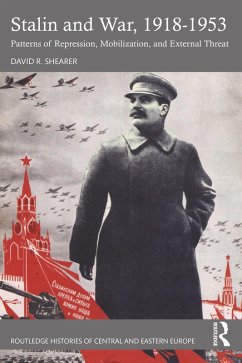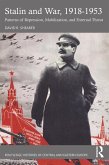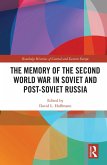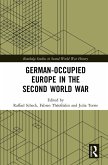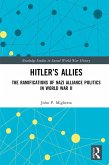Discussion focuses on the crisis years 1928-1932, 1936-1939, the Great Fatherland War, and the last war crisis period, 1947-1953. Violent repressions under Stalin were cyclical. They peaked and ebbed but, in each case, they were linked to Stalin's expectation of war and invasion, to his perceived need for urgent internal mobilization, and to intense foreign policy activity. Stalin's behavior in each of these perceived war crises followed a pattern established during the dictator's experience as a military commander in the Russian revolutionary wars, and especially during the Polish war in 1919 and 1920. Together, these chapters trace a consistent and interconnected logic of war and repression throughout Stalin's political life.
This book will be of interest to professional scholars of Soviet history, twentieth-century history, and World War II history, and it is approachable enough to be appreciated by general readers.
Dieser Download kann aus rechtlichen Gründen nur mit Rechnungsadresse in A, B, BG, CY, CZ, D, DK, EW, E, FIN, F, GR, HR, H, IRL, I, LT, L, LR, M, NL, PL, P, R, S, SLO, SK ausgeliefert werden.

